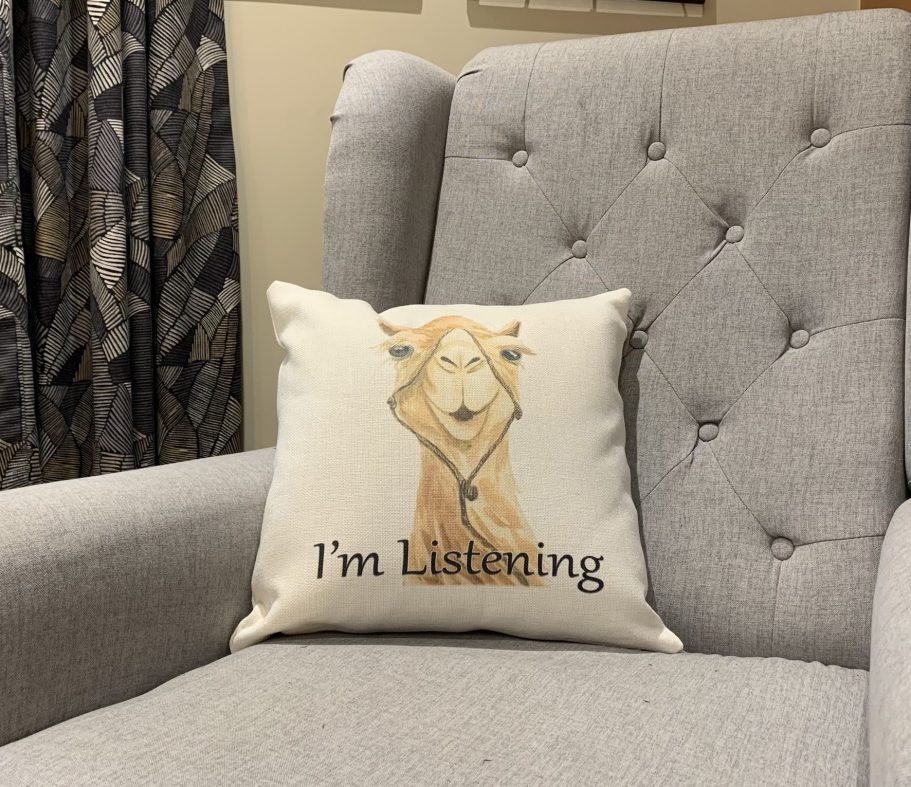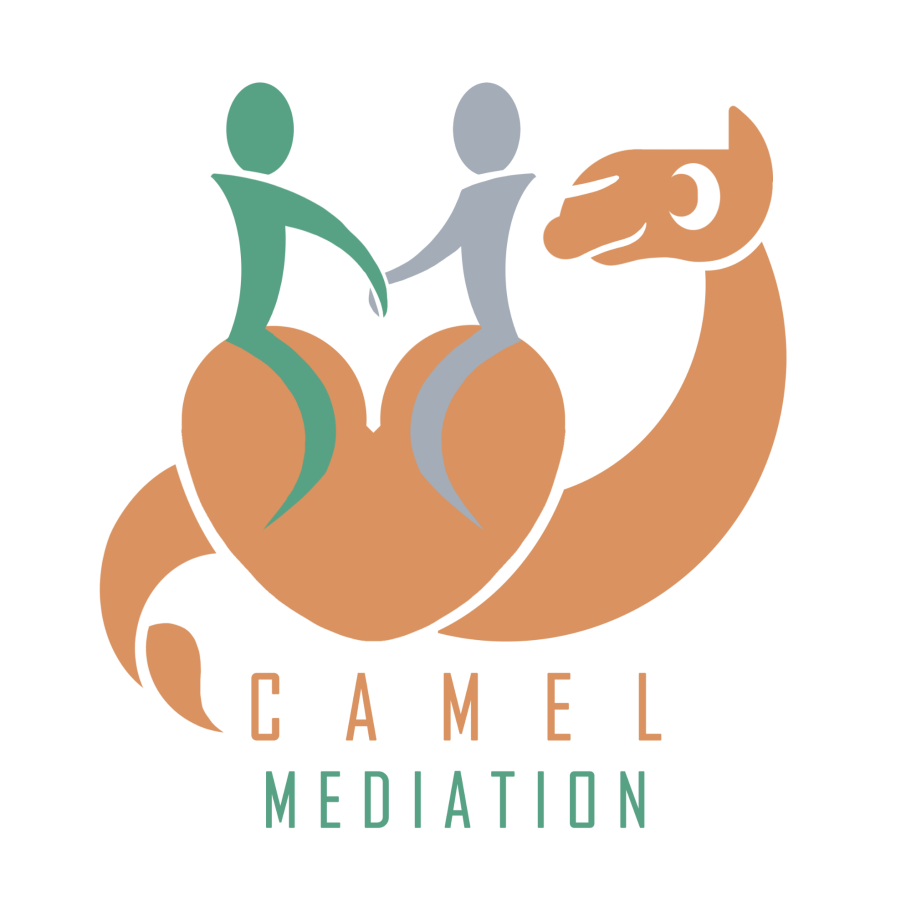
Mediation
Services
My speciality is inheritance conflict, or disputes with an emotional core. A resolution that all parties are happy with means exploring parties' core values and needs.
Mediation is not a legal field. But for those who prefer some legal knowledge, I'm ACTAPS trained and my work as a solicitor is 100% inheritance dispute litigation.
I'm trained with the National Bereavement Service and a trained at Level 2 for counselling skills.
Most of my mediation practice centres around 1975 Act claims for financial provision or the validity of a will.
As a business owner for twenty years, and a business mentor with AMB I am also well placed for business and partnership mediation especially as part of an inheritance of a family business.

About
Me
I can't give you a simple summary of me. Like you, I'm complicated.
I'm a solicitor, a mediator, a mentor, a conflict coach, and a writer. I'm also a wife and mother.
In my working life, I've been an employee, a worker, a boss, an entrepreneur, a peace-maker and a tactician.
With my husband, I've built a travel and property business from scratch into an award winning, multi-office business which has now served over 75,000 clients from offices in France and the UK.
I've failed and I have succeeded. I have regrets. I have accomplishments. I have flaws. I have skills.
I can use all I've learnt to help you resolve your dispute.

Coaching & Mentoring
It doesn't need two to tango. You can't control others, only your words, your thoughts and your actions.
It's your responses to conflict that matters. However uncomfortable, all conflict can be opportunity for personal growth.
Dig deeper and all conflict allows you to learn about yourself and how YOU apply YOU to YOUR situation. You don't need validation from others.
With my help, you can get some perspective on your conflict which even if you can't resolve it right now, you'll feel more in control of it.
More control over your conflict means less stress and less damage to your helath, your quality of life and your relationships.
You hold all the power in your own conflicts.

Mediation is a very good fit for inheritance disputes. Family disputes after someone has died are tough. Inevitably emotions spiral.
These disputes centre around families and as we all know, no two families are alike. Mediation offers far more flexibility to a family problem than the courts. Families can also resolve their disputes in private, usually spending less time and costs than involved in a court process. Sometimes mediation involving an inheritance dispute can begin to heal family rifts, where a court process and decision will only deepen it.
I mediate mainly Financial Provision claims, Will Invalidity claims, and Executor disputes. You can learn more about my process and gain tips for a successful mediation in the pages of this site, or through an introductory call with me.
My fee structure includes pre-mediation calls, preparation. travel and accommodation. Remote mediation is cheaper because I'll be working from home. In person has some benefits over remote, but a disadvantage is a higher cost for me and the cost of the venue.
To help you with logistics, I have real-time availability. You can secure a date by a small refundable deposit.
Mediation is a also a very good fit for a family business when the boardroom has got everyone hot under the collar. Sometimes difficult conversations are needed because the status quo has changed. This can be because someone in the business has died, is ill, wants a buy-out, wants a buy-in, needs a family loan, needs others to 'see sense' on their view on the future of the business that differs from their own. I've been the owner of multiple businesses and currently a business mentor of small and medium sized businesses with Enterprise Nation.
All mentoring, mediation and coaching stems from listening and questioning to understand what you want and need to move forward.
Let's talk. Or more aptly, let's you talk, and I listen.
Even after the judgement declares a 'winner', there'll be speculation. Was the winning party really right? Or just 51% right?
Was the winning party right because the judge just missed the point. Might there be an appeal lodged?
Did one party performed better than the other on the day? Did they get lucky? Win by the skin of their teeth?
Will the judgment really resolve anything? Or will money just change hands? Will money even change hands? What's the solvency of the losing party? Will recover of the judgment debt and costs be another legal battle?
So, all the above said, if you're here, and considering mediation, brilliant.
Mediation is about the participants controlling the outcome, no longer clashing swords between a right and a wrong. Instead, they are exploring, with me or another mediator, whether they can find a solution together that offers a better alternative than a legal battle where, win or lose, all will likely end up wounded emotionally and financially.
The only fights you truly win are the ones you don't have. And anyone over the age of 50 (like me) has likely less than 2,000 weeks left on this planet. If you're over 60, and have lived a stress-fuelled life, you might be lucky enough to have another 1,000 weeks on this planet. Do you really want to spend them marred with upset, turmoil and litigation? I thought not.
Alternative Dispute Resolution for inheritance disputes is now integrated into our court system. The courts recognise that legal battles can be emotionally draining, time-consuming, and costly, with no guarantee of victory. Parties may face penalties if they do not explore alternative dispute resolution options before proceeding to court.
While legal matters are rarely straightforward, it is important for parties to carefully consider their options and weigh the benefits of finding a compromise or narrowing the issues for court intervention.
All parties face a risk on costs if they are not willing to be realistic about their conflict and its resolution.
Conflict can be managed by continually evaluating the dispute. This will serve you best and will probably avoid the time and expense of a court process, or at least ensure you are not in the firing line of the Court's wrath for not engaging in any alternative process for conflict resolution.
Who's right and wrong is a dispute is rarely definitive, even after a court process. A court can only grade the facts against the law. I see it as the facts etched out on tracing paper, and then placed over a map of the law. The facts that are outside the map simply do not matter to a court, but they can matter a great deal to the disputants.
Conflict is a normal part of life. This is never more true in a family. All our families are full of ‘heart-truths’. Perceived favourites. Perceived bullies. Perceived manipulators. Perceived lay-abouts. The Deserving versus The Undeserving.
When I'm working for my clients in the role of contentious probate specialist solicitor, at some point settlement options are on the table. Settlements are rarely about purely the money. Buried pasts rise to the surface of the discussions. Sentimentality becomes far more than a point of principle. Emotions are heightened and fond memories need to be preserved with relics of the past. Grudges and perceived slights are often the barrier to overcome in any settlement that both parties can live with.
In many cases (especially when dealing with financial provision claims) there isn't enough court case precedent to offer very accurate predictions on a court decision. Even if you could (again, especially when dealing with financial provision claims) its shifting-sands-territory during the 12+ months of a litigation dispute.
Mediation can explore what is important to all, which the law often does not cover a dispute, or the facts (such as a capacity dispute) cannot be agreed.
Examples of how mediation can work for the parties when a judicial decision cannot:
- A family member with means might be happy to accept less of the proceeds of a family home if only the parties can put off selling it for five years.
- A son who needs a car, and funds, immediately might be willing to then allow the intestate-Deceased's co-habitee to reside in his father's house for a small rent and agree not to sell for three years. His priority is immediate funds and the car.
- A distant 'windfall' relative might be more charitable to the Deceased's close friend when through exploratory mediation it becomes clearer to them that the friend was not manipulating their Aunt but actually looked after her, and saved much of the inheritance by the Aunt not having to go into care.
All facts are different, all solutions are different. That's the magic of mediation. There are so many shades to what is wrong, right, fair, equitable, pragmatic, reasonable, honourable, ethical and true.
It takes courage to meet your inheritance conflict head head-on. When you do, the opportunities for lasting solutions are empowering and could enhance the rest of your life.
My role as a mediator is to help you explore solutions. My aim is to save the participants the turmoil of a full blown court process, along with the hefty legal bill.
A judical process is limited to the orders it can make upon the parties. Often this is just money changing hands. Money can’t guarantee peace, but investing in the cost of mediation might. Parties that choose to consider mediation often create greater harmony for their future family relations.
What's not to like? Isn't it worth a try?
